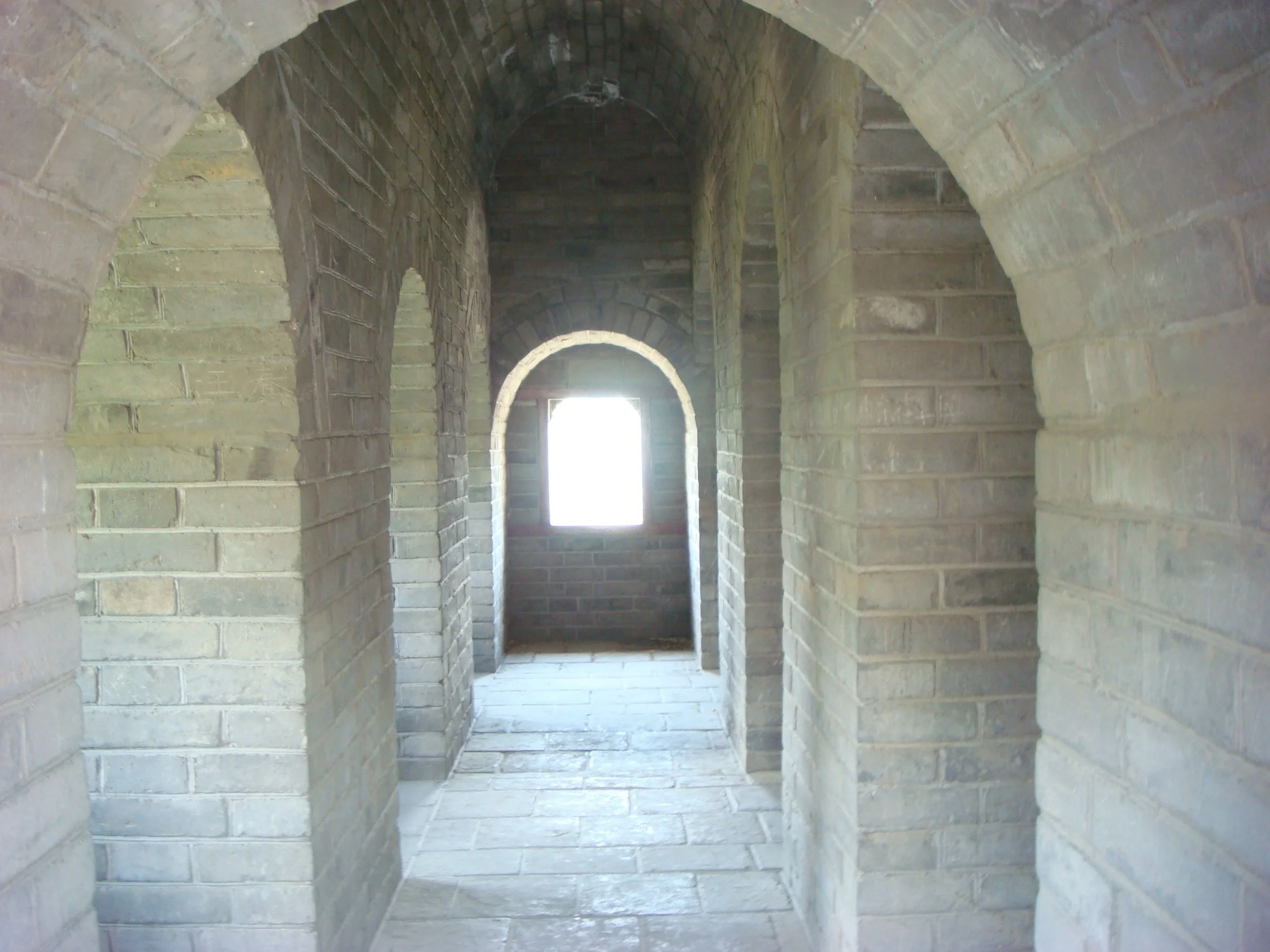Reflections
December 2024
5. On letting go
There are exercises in creative writing which require you to ‘freewrite’ for a short, specified time. The idea is to let whatever comes into your head pour out onto the page without stopping: without really thinking about it and without editing or correcting it in any way.
Freewriting is designed to get you writing without going through the painful process of trying to choose something impressive, or continually self-evaluating the words you use. It can be a very liberating exercise, which limbers up the creative brain. Or it can be totally terrifying; something to be avoided at all costs.
I certainly found it so, when I first attempted this. It was similar to those horrendous role-play exercises that are inflicted on employees on training courses. It took a certain amount of effort at first just to put the pen (or, in my case, the pencil) onto the page and keep it there. It helped that, usually, these exercises are not meant to be shared or read aloud. And, gradually, with repeated exposure to this technique, it became easier and easier.
There is a similar exercise in drawing: called ‘taking the line for a walk’. The pencil or charcoal is allowed to wander freely, not leaving the paper, just to see what kind of marks it will make. It is similarly unsettling at first. But both this and freewriting are useful for allowing that unshackling of predetermined goals which can hinder creation.
Letting go requires, paradoxically, a high degree of discipline. We are brought up to pattern, to memorise, to edit. To feed our Linnaean obsession. We have spent years educating ourselves to live a structured life; to conform to its systems and strictures. And we don’t like the loss of control that is needed to abandon this, even temporarily.
In my poetry, exposure to freewriting gradually allowed me to begin to aim for what Jack Gilbert called a poetics of purity: ‘accomplishing a lot with the least means possible’. By learning how to dismantle the scaffolding of the structure, it’s possible to aim straight for the light. The rooms can be rebuilt later, at the editing stage. But care is then needed not to over-edit. Our training kicks in again and it’s all to easy to erase the spark you have found, over-complicating the original idea and diluting the message. It’s possible to end up with a shadow of the poem; and to have lost all the brilliance of the first thought.
Letting go is worth attempting. At its heart, poetry is playing with language, after all. And, in a sense, playing freely, without the confines of rules or expectations, is the ultimate in letting go.
